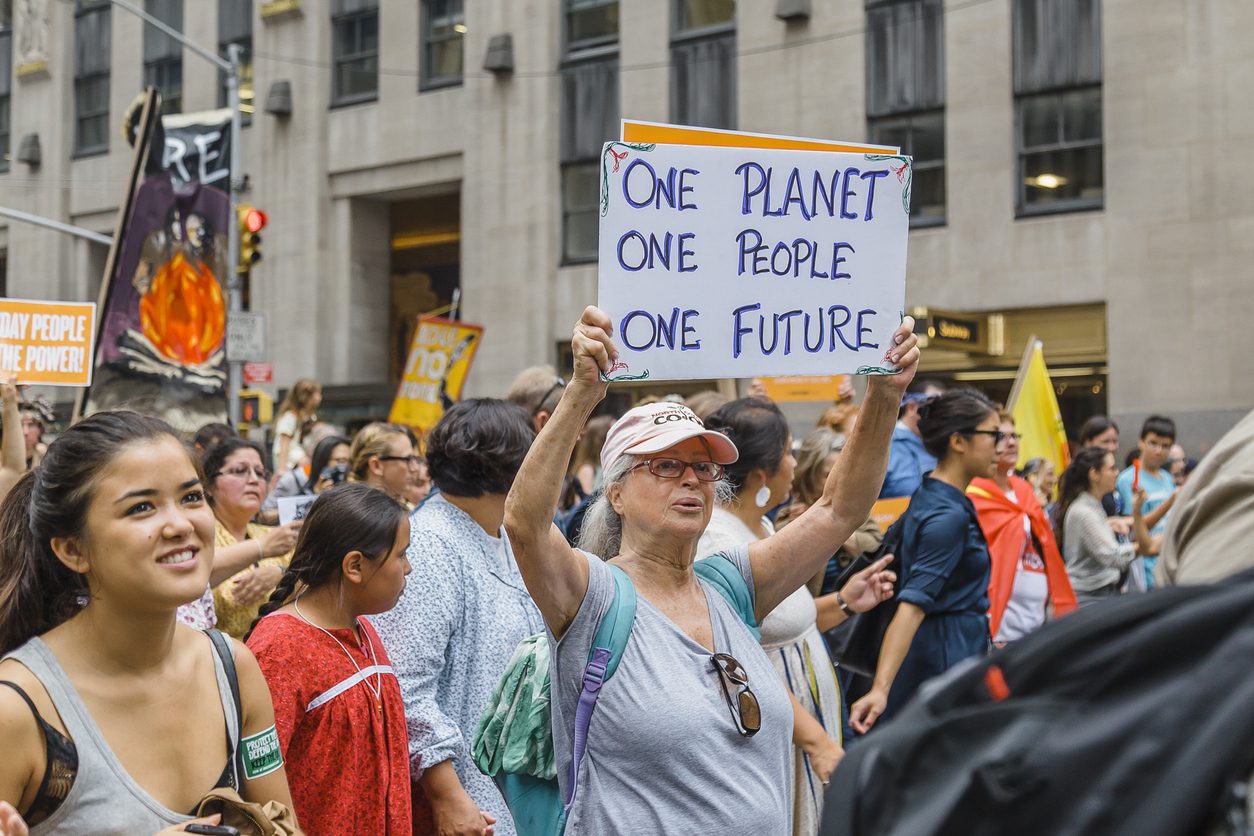
“It is unequivocal that human influence has warmed the atmosphere, ocean and land.” (Sixth Assesment Report of the IPCC)
In 2021 we know with certainty that climate change is a real and pressing issue that threatens the stability of human life for the coming centuries if not controlled. Yet, there are still those who deny the significance of the warming climate or its existence entirely. So even with all of the evidence available and presented to these individuals, why do they continue to deny it?
It seems that the primary driver of the denial of evidence-based facts is “myside bias”. The term coined by cognitive scientists Hugo Mercier and Dan Sperber
describes when a person is unable to process facts because they go against the identity they have established, be it individual, a family unit, or a team. Think of it as similar to when sports fans associate with a specific team, and even when the team is on a losing streak, they will stay loyal and might still claim that their team is the best.
With the idea of “teams” in mind, it seems that climate deniers can be broken up into three teams:
The ‘Red Pills’ is a term originating from the Matrix and describes a team under the belief that there are secret or hidden facts that are driving climate change as a political issue. An example would be believing that climate change is a conspiracy to unite us under one world order, or that climate change is being pushed to cause economic sabotage. Under this group, the existence of climate change is generally denied entirely. ‘Traditionalists’ are individuals who are unwilling to adapt to the changing climate because they feel their way of life is threatened by the changes, or that it can’t possibly be a real threat. This may include Christians that believe the Earth can’t be changed by humans because it is a divine creation or those who financially benefit from keeping the status quo. The last team, the ‘What-Abouters‘, do not deny the existence of climate change, but just downplay its significance. This group will claim to be impartial and downplay scientific data as an excuse to do nothing.
So how do we work with climate deniers to help them see the importance of stopping climate change? While this issue is complex and difficult, the solution is somewhat simple: educating young people. The best way to change a person’s mind when they hold harmful beliefs is through open communication and building mutual trust. Researchers from North Carolina State University found that children were especially helpful in changing the way their parents think about climate change when environmental issues were included in their school’s curriculum. If educating children and young adults are the solution, we must protect our schools and continue to push for better education for all if we want a chance at stopping the warming climate.
Written by Samantha Schwamberger and Zachary Perkins
If you are getting solar from: